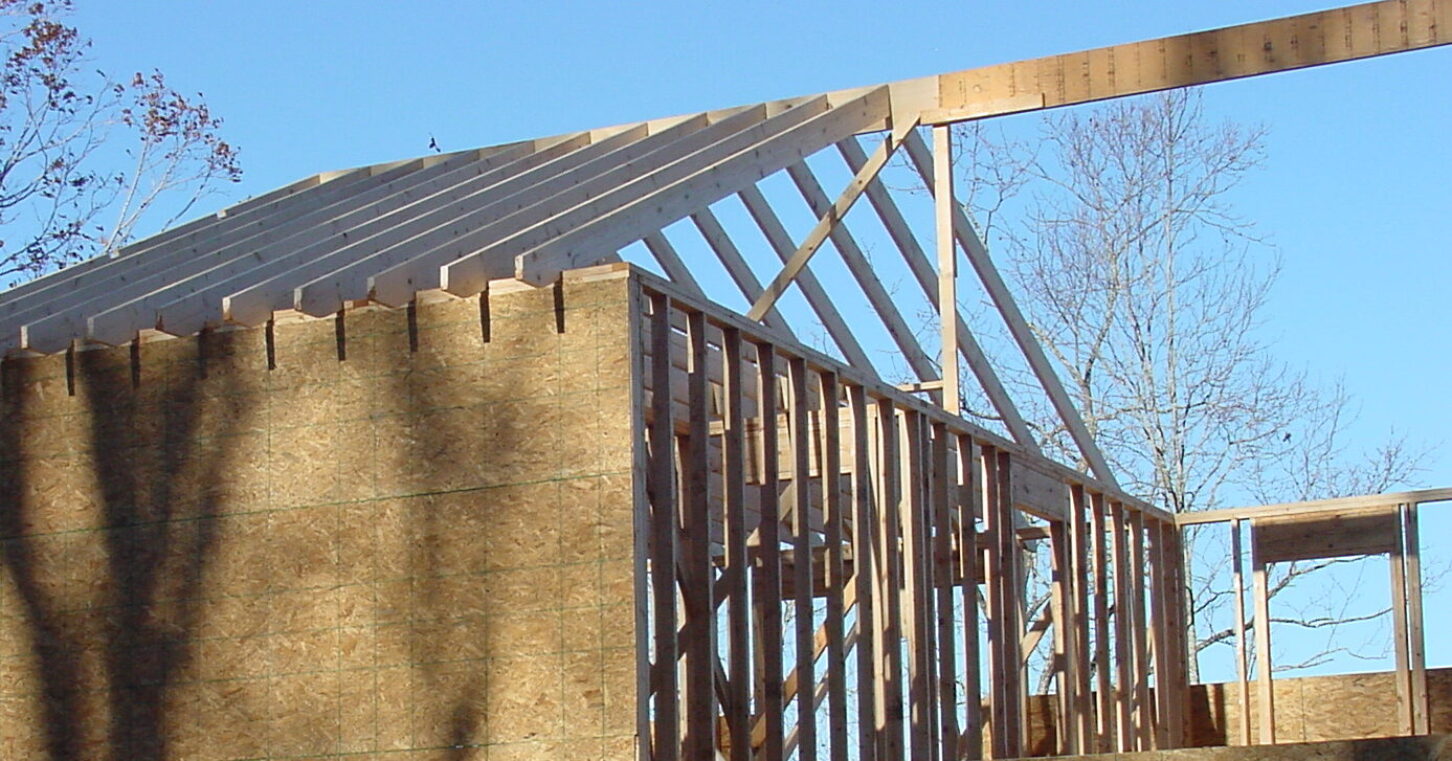
People with intimate knowledge of Georgia’s real estate industry and how certain local government regulations have inflated housing costs asked state legislators this week to step in and help.
On Thursday, these experts testified before members of a House Study Committee on Regulation, Affordability, and Access to Housing. They described the housing problems in depth and proposed ways for state legislators to fix them.
Area Development magazine last month named Georgia the Number One state to do business.
But Georgia Association of Realtors Director of Government Affairs Brad Mock told legislators the state won’t hold that title much longer — especially if prospective employees at new businesses can’t find affordable places to live. New opportunities, he said, “will begin to fade.”
“The access to housing, almost always, starts locally. In rare examples, it starts at the state level and even fewer at the national level,” Mock said.
“The conversation is almost always local, and in a state like Georgia where we have 537 cities and 159 counties, there are a lot of different opportunities and a lot of different rules. There is no way to deny we have more design mandates and more bans on slab construction.”
Bryan County commissioners, for instance, anticipating increasing population numbers, imposed impact fees and design standards on new homes that homebuilders say will increase the price of a house by as much as $30,000 to $50,000.
Oconee County commissioners made headlines four years ago when they unanimously passed an ordinance that regulated who could build a concrete slab and where. Several people interviewed this past summer believe Oconee commissioners passed this ordinance to price out the less affluent.
Other counties with rising population numbers have imposed moratoriums on the construction of new homes.
Mock told legislators that certain cities and counties within Georgia are “weaponizing zoning” and also asking newcomers “Can’t you just live somewhere else?”
But, as Mock went on to say, “There is nowhere else to go.”
“I have been in the room to hear that ‘Those people from Atlanta don’t need to come over here.’ I have been in the room to hear ‘We don’t want any more of those kids from Atlanta. They are overrunning our schools,’” Mock said.
“And I have been in the room to hear ‘They can go to the county schools, and by having a four-side brick mandate we can make that happen.’”
Mock also said that “local control from a government perspective can’t be population control.”
Solutions?
Camden County Commissioner Trevor Readdick, who is also president of the Home Builders Association of Georgia, asked committee members and their colleagues to implement new policies to make housing more attainable for residents statewide.
But what can Georgia legislators do?
Home Builders Association of Georgia Executive Vice President Austin Hackney asked state legislators to provide city and county governments with more guidance on home construction moratoriums and whether they can renew them indefinitely. He also suggested requiring local governments to analyze the costs and benefits of their newer code requirements.
Readdick, speaking of impact fees, said it’s time to “debate whether costs should be subsidized by existing homeowners or new homeowners coming in.”
“I think that a better way to look at it is to say they should be subsidized by their industrial tax base,” Readdick said.
“When an industry comes into a community, they want to look at what the workforce looks like. What is the unemployment rate? What is the education level? If you can come in and get industry to your community then there is no burden to provide services to that community like you would have in the education system with a household of children.”
Mock told committee members that the affordable housing problem is not widespread across Georgia — but only within certain cities and counties.
“A lot of places in Georgia are doing great. And we have heard about a lot of them,” Mock said.
“But in almost every other piece of policy when there are enough bad things, the state does intervene. I think we are in that space. There are a few things that could be changed that would make a major impact in housing.”
According to the Georgia General Assembly’s website, committee members will eventually recommend their own policy solutions.
State Rep. Dale Washburn (R-Macon) chairs the committee.